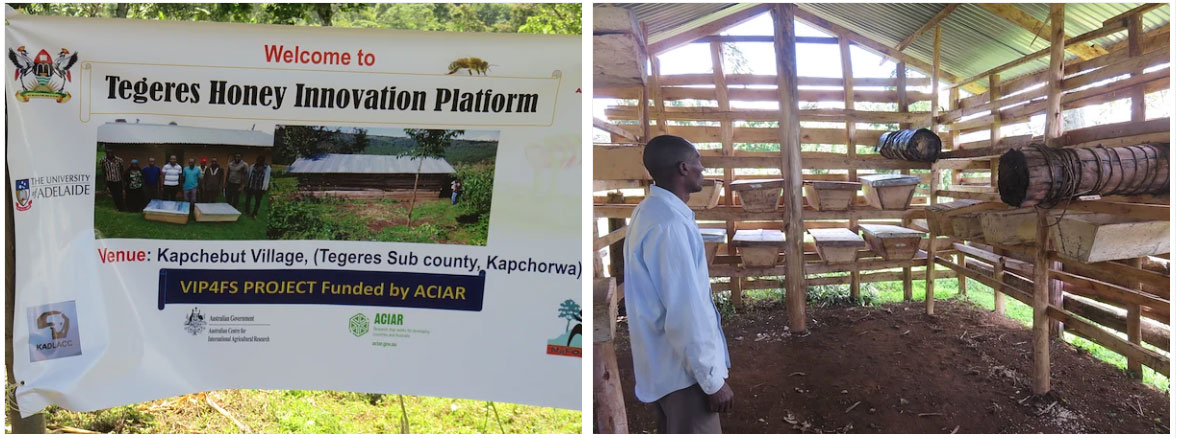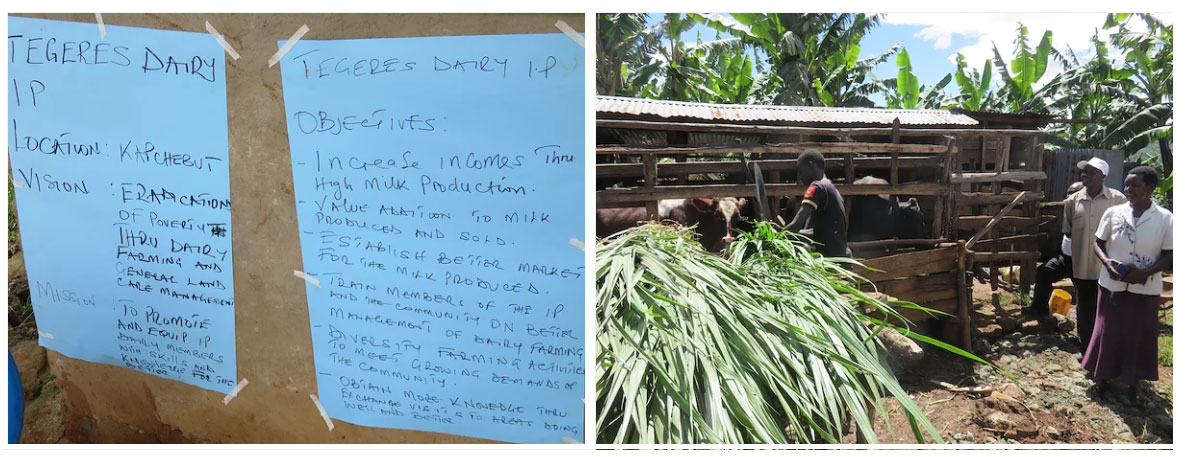- HomeHome
-
About ACIAR
- Our work
- Our people
-
Corporate information
- ACIAR Audit Committee
- Commission for International Agricultural Research
- Policy Advisory Council
- Agency reviews
- Executive remuneration disclosure
- Freedom of information (FOI)
- Gifts and benefits register
- Information publication scheme
- List of new agency files
- Contracts
- Legal services expenditure
- Privacy impact assessment register
- Commonwealth Child Safe Framework
- Benefits to Australia
- Careers
- 40 years of ACIAR
-
What we do
- Programs
- Cross-cutting areas
- Resources
- Where we work
-
Funding
- Research projects
- Fellowships
-
Scholarships
- John Allwright FellowshipScholarships to study in Australia for ACIAR partner country scientists to have Australian postgraduate qualifications
- ACIAR Pacific Agriculture Scholarships and Support and Climate Resilience Program
- Alumni Research Support Facility
- Publications
- News and Outreach
Date released
22 January 2018
A project in Uganda is empowering smallholder dairy and honey farmers to control their own community development by gaining access to high-value markets.
The project, funded by ACIAR and run by the World Agroforestry Centre, has been operating since 2015 and aims to bring farmers together through innovation platforms (IP), enabling farming communities to take a collective approach to common problems.
The biggest challenge facing smallholder communities around the world is accessing high-value markets and receiving the best possible return for their produce—a monetary difference impacting livelihoods and food security.
Recent reports back from the participating communities in Uganda have provided encouraging signs that the project— Developing value chain innovation platforms to improve food security in east and southern Africa— is starting to pay dividends.
‘An innovation platform is like a tower, when we are on it we will see far and others will see us,’ says the Chairman of the Kapchorwa district honey IP project. ‘The farmers now appreciated the benefits of teamwork and knowledge that each farmer can bring to the group that they are developing their honey business, and are now partnering with local government,’ he says.
The project’s success has seen the IP establish a savings account, with members aiming to have 2000 improved beehives by 2025.
Seeing is beelieving
Four kilometres north in the village of Tegeres, another honey IP is also starting to benefit from collective action.
Consisting of 35 members from eight farmer groups, the IP has seen the establishment of the village’s first beehive house, paid for by the member farmers.
Before joining the IP, farmers would keep their hives in the forest at a nearby National Park, with many hives stolen or ravaged by wild animals. By centralising the hives in the village, beekeepers are able to closely monitor their hives and increase production yields when harvesting honey.
In its three-year plan, the IP aims to build more beehive houses and increase its hives to 1500 and establish a honey processing plant capable of producing 22,500 litres every six months. Meeting this target would mean a half-yearly income of UGX 323 million, or AUD$116,000, money that would go a long way to ensuring local food security.
The local IP leader said the project had ‘helped the farmers understand the benefits and market opportunities when they work together rather than individually.'
Dairying to dream
The village of Tegeres also has a dairy IP helping transform local attitudes to milk production, with smallholder farmers reaping the benefits of increased milk production and improved livelihoods.
Consisting of 95 dairy farmers, 67 of whom are women, the dairy IP faced initial challenges convincing local farmers of the benefits, but after a goal-setting session where the group’s vision and objectives were collectively decided, the IP commenced in July 2017.
With almost 300 cows, the members are now planting napier grass fodder trees to improve milk production and have constructed cattle pens to move away from the practice of free grazing. Members have also undertaken activities to eliminate the practice of adding water to milk and to reduce the incidence of diseases affecting the local cattle.
Goals for the Tegeres dairy IP. One of the cattle pens built as a result of the IP dairy project in Tegeres village.
These changes have seen rapid improvements in milk production and sales, with the additional income going towards school and university fees for the members’ children.
Proving so successful, the IP has also received strong support from the local government agricultural officers. As outlined in its business plan, the dairy IP intends to acquire milk storage facilities in the future and assist members to improve the quality of their herds.
The change
For Tony Bartlett, Research Program Manager for Forestry at ACIAR, the project is an excellent example of how IPs can enable smallholder farmers to control their future.
‘The project has brought about a change of mindset amongst the farmers,’ says Bartlett. ‘Instead of wanting the project and local government to provide resources to them, they have been empowered to control their own community development with training and other support from the partners.’
The local government is currently investigating how the innovation platform approach can be further rolled-out to assist community development throughout the district.




